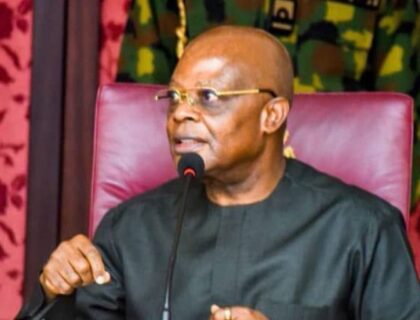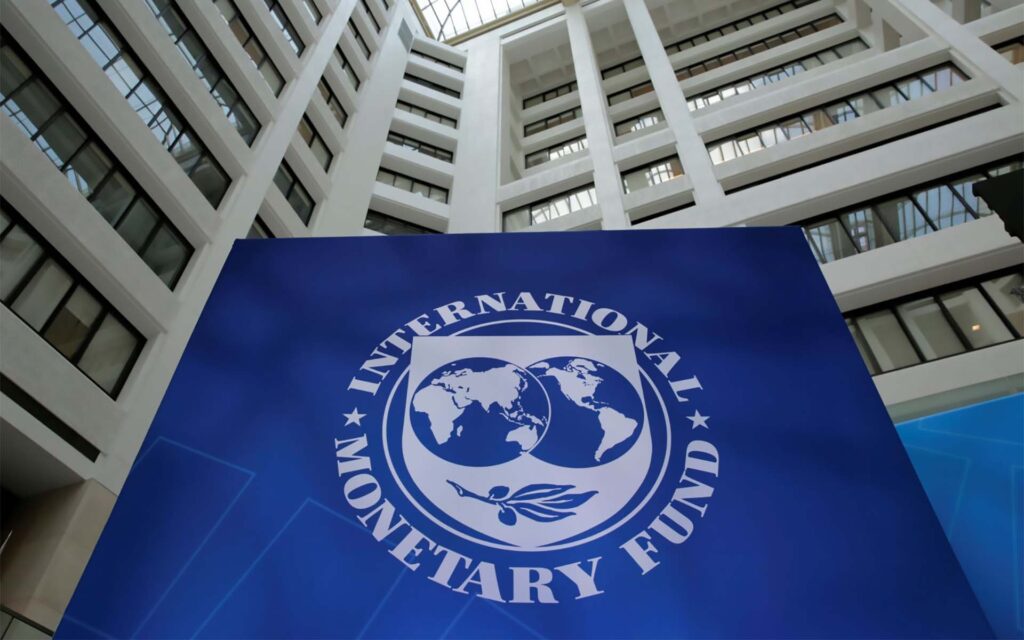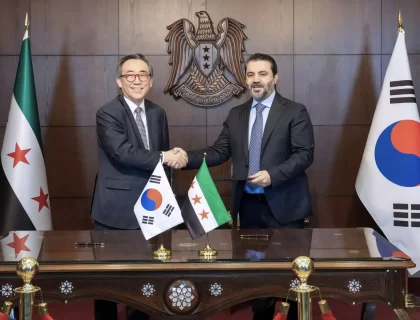IMF Stands by Its Advice to Nigerian Government on Removing Fuel Subsidy
The International Monetary Fund (IMF) has defended its recommendations to Nigeria regarding foreign exchange rate adjustments and subsidy removal, stressing that these reforms are crucial for the country’s economic stability.
In a statement, the Washington-based institution reiterated that these measures aim to enhance Nigeria’s macroeconomic outlook.
Abebe Selassie, Director of the African Department at the IMF, recently commended the reforms implemented by President Bola Tinubu’s administration during the IMF/World Bank meetings in Washington, D.C. Selassie noted that the removal of subsidies and foreign exchange rate reforms are in line with the IMF’s longstanding recommendations, which advocate for investment in infrastructure, health, and education.
“Removing the subsidy unlocks the economy’s vast potential, attracting investment and fostering growth.”
He added that reallocating savings from subsidy removal could support vulnerable households, helping those impacted by the current economic challenges.
“The petrol subsidy benefits not only low-income households but also wealthier Nigerians who do not require government support,” the IMF noted.
“Additionally, it argued that subsidized petrol is often smuggled to neighboring countries with higher fuel prices, benefiting citizens outside Nigeria.” Selassie stated
The IMF criticized Nigeria’s fixed exchange rate policy, stating that the gap between official and parallel exchange rates has significantly strained the Central Bank’s reserves and compelled many Nigerians to pay a premium for dollars.
“Until mid-2023, Nigerians faced a premium of around 60 percent on the parallel market,” the IMF remarked. “Market-determined exchange rates provide fair access to dollars at a uniform price.”
Reaffirming its recommendations, the IMF stated, “We stand by our advice,” emphasizing that its guidance is intended to promote macroeconomic stability and enhance living standards.
The IMF characterized the reforms as part of a comprehensive policy mix, which includes social transfers for those most impacted by inflation and economic adjustments.
The IMF concluded by noting that while it offers similar guidance to all member countries, each government ultimately makes its own policy decisions based on various factors.
You may be interested

Rivers Sole Administrator Ibok-Ete Ibas Denies Civil Service Recruitment Reports, Says Alleged Plan To Employ 10,000 People Was Never Sanctioned
gisthub - Apr 11, 2025At least a dozen shops and properties valued at millions of naira were destroyed in a fire that broke out at another market…

Fire Destroys 12 Shops And Properties Worth Millions Of Naira In Another Ibadan Market
gisthub - Apr 11, 2025At least a dozen shops and properties valued at millions of naira were destroyed in a fire that broke out at another market…

Grey’s Anatomy Actor Eric Dane Diagnosed With ALS
gisthub - Apr 11, 2025That’s truly heartbreaking news about Eric Dane. ALS is such a devastating diagnosis, and it’s incredibly brave of him to share it publicly.…
Most from this category















Leave a Comment